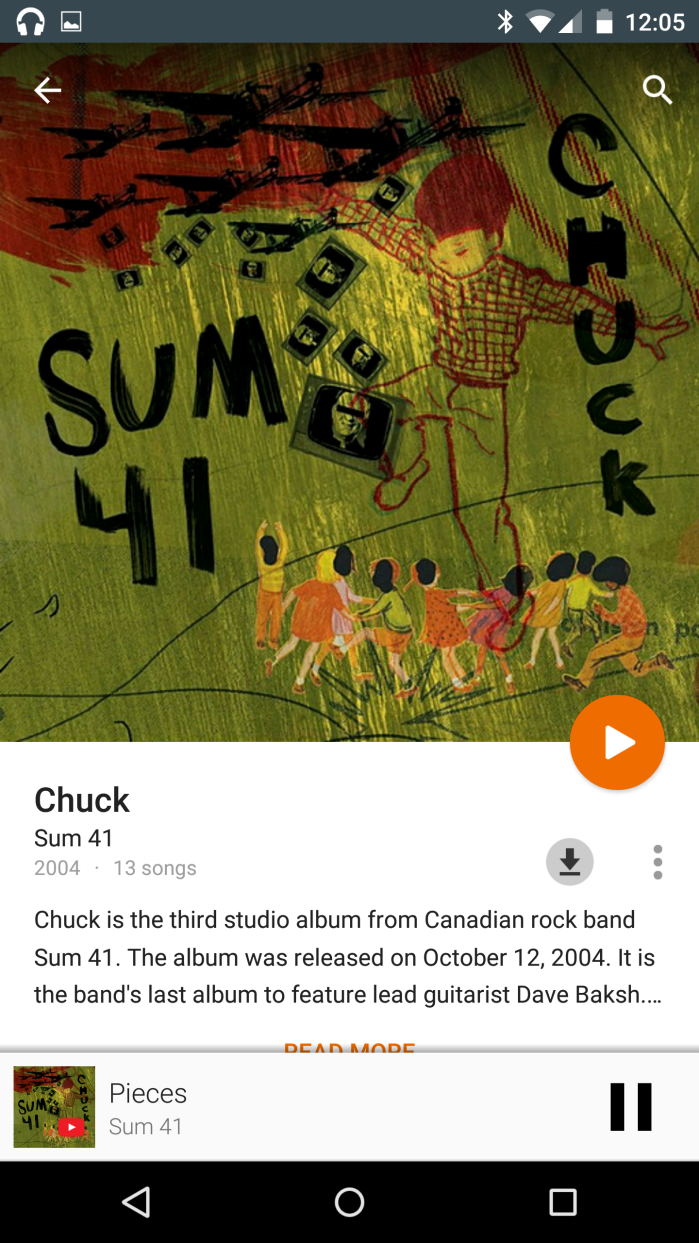Some days creativity is like the California drought. I sit down to write, and no rain falls. But wanting to post something, I reach into my personal, secret archive of treasures, which for 2015 opens publicly. Sporadically, over the past six weeks, I posted lyrics to three songs: “Disco Queen“, “Empire State“, and “Surrealistic Pillow“—all written in the late 1970s. Today’s contribution is quite a bit newer but still not recent: March 27, 2004, finished at 12:30 a.m. ET. Others lyrics will follow over the months ahead.
This verse stands without melody and, honestly, lacks reading rhythm that would make a good song. Like most of my lyrics, the subject is a young woman—no one I know, and from none inspired. The only inspiration here is the dusty basement office where I worked, where unwelcome late-night pests came out of hiding.











